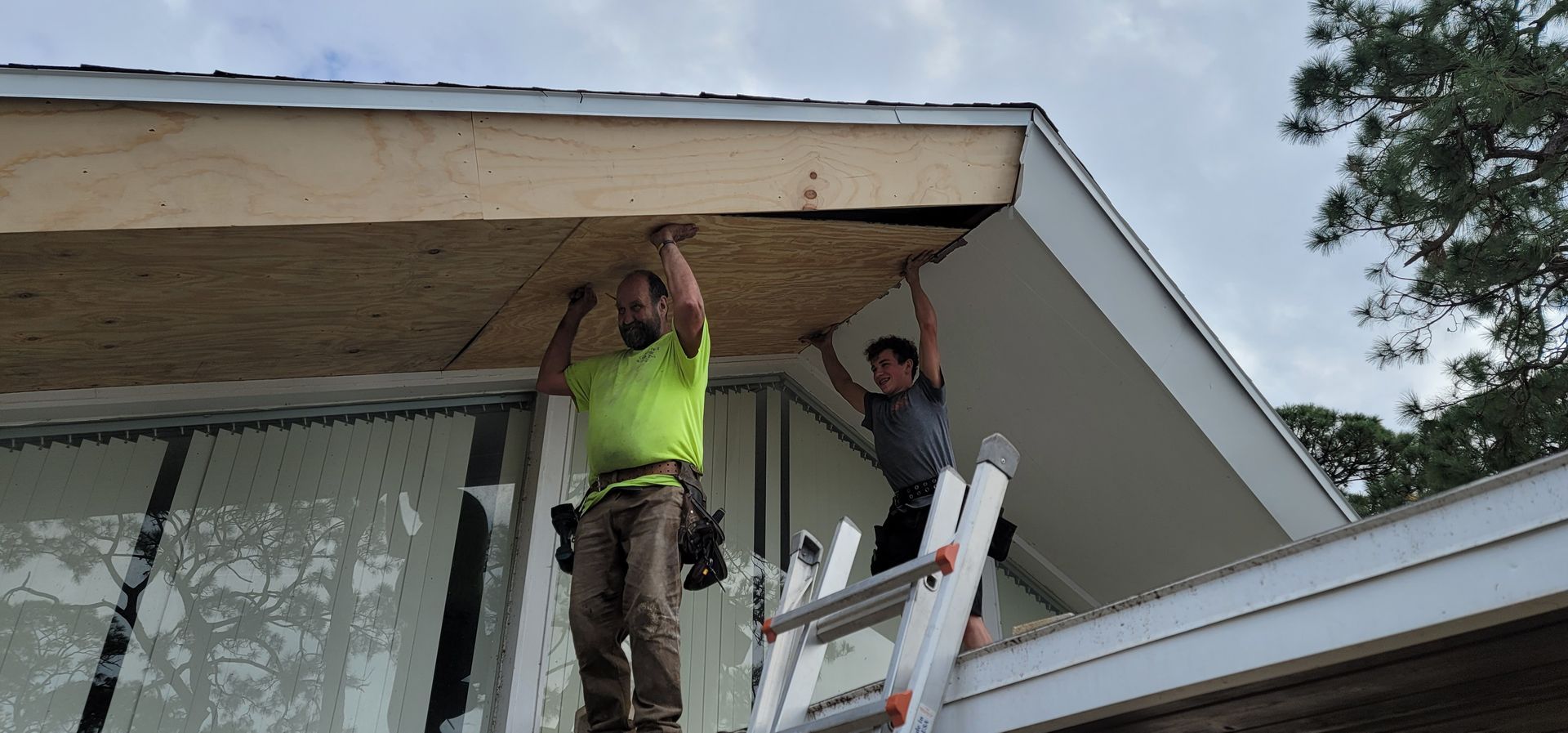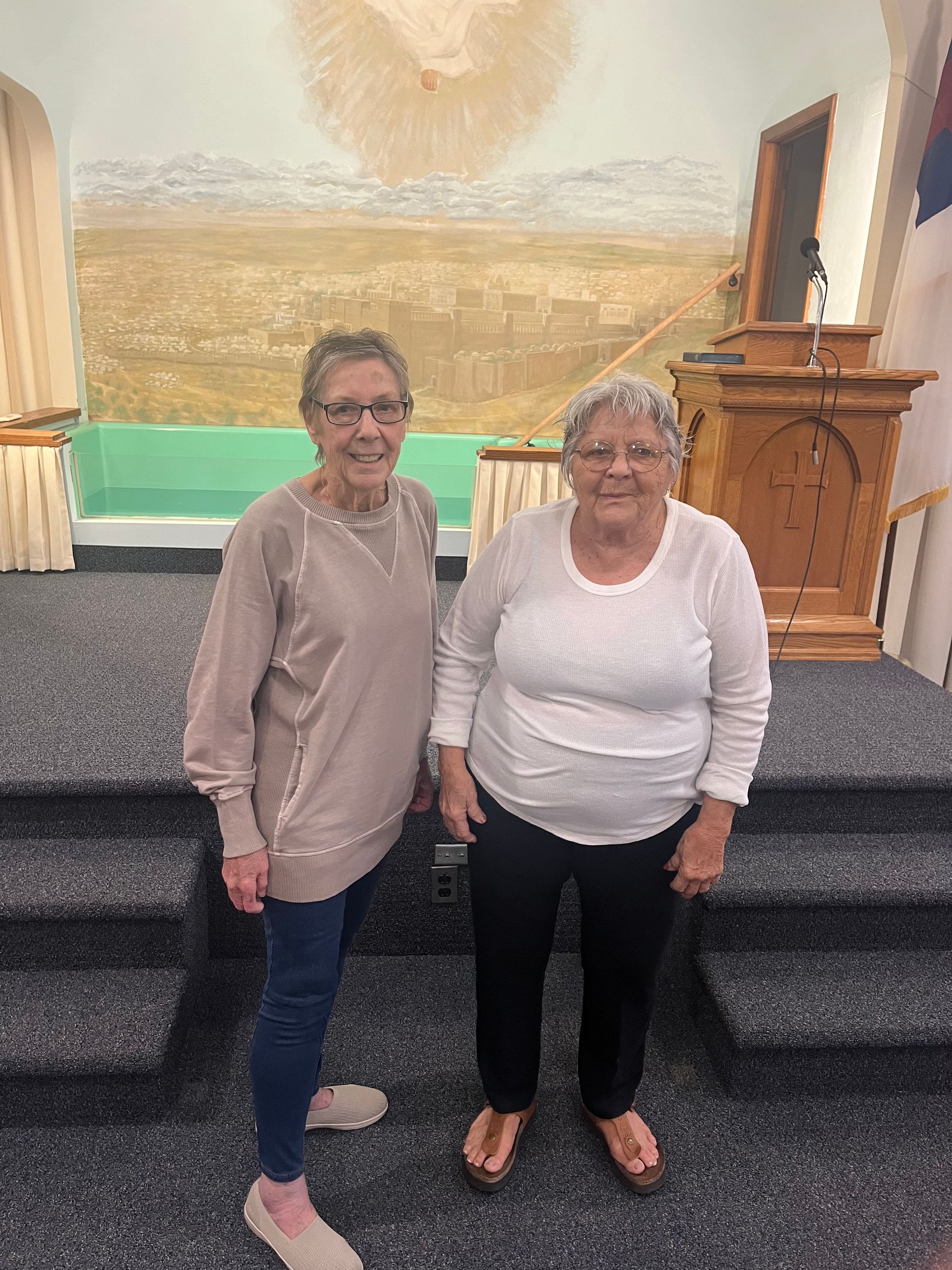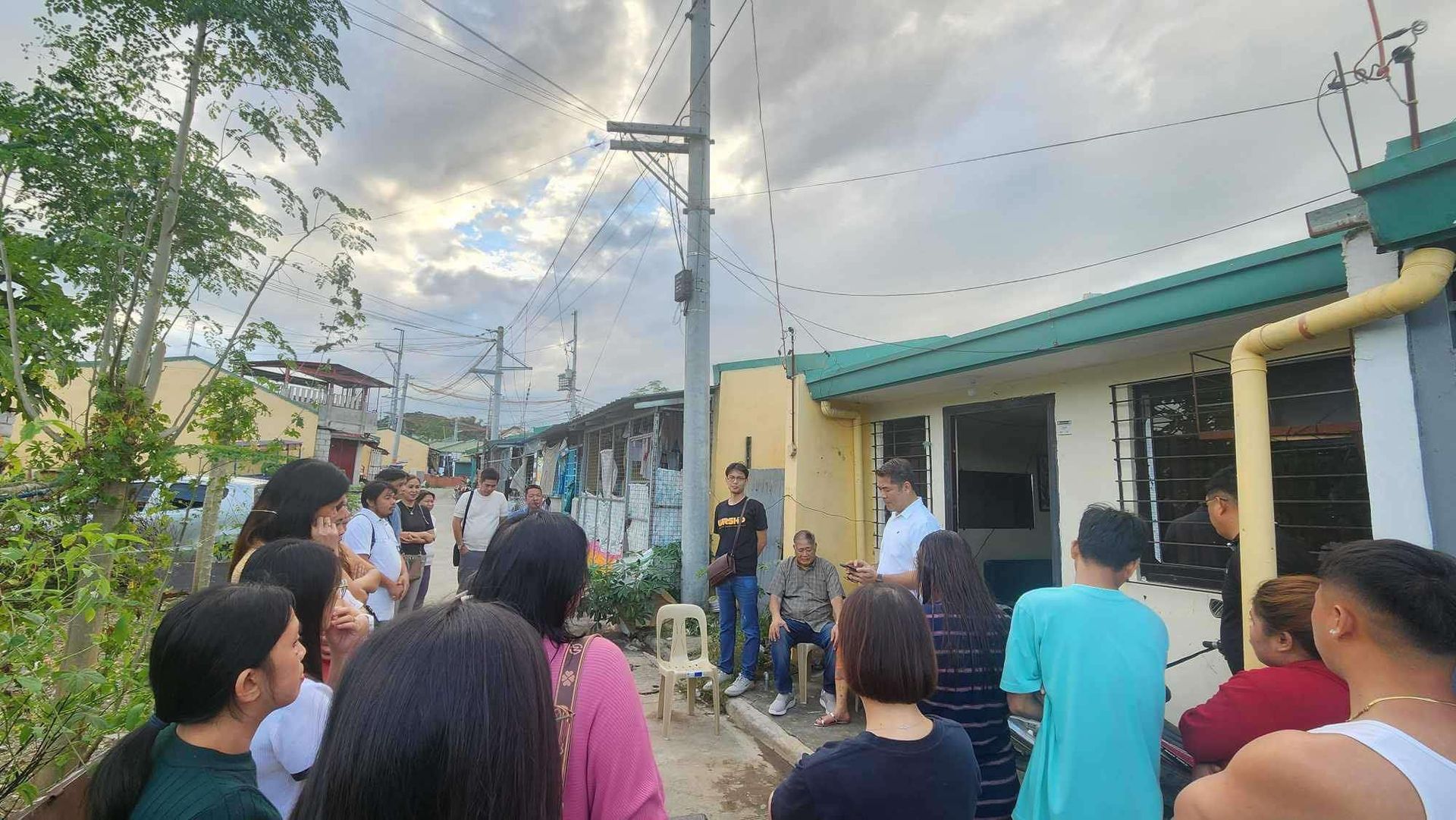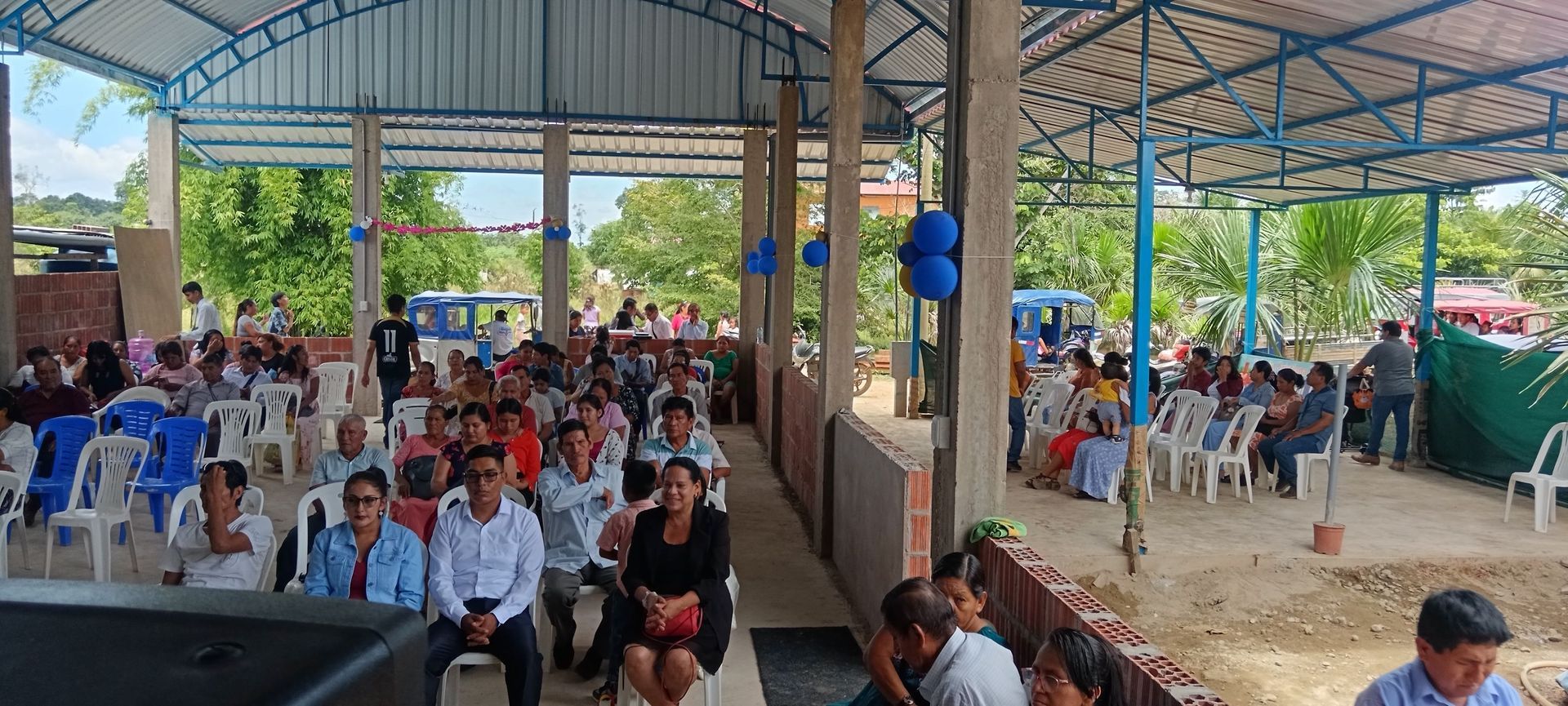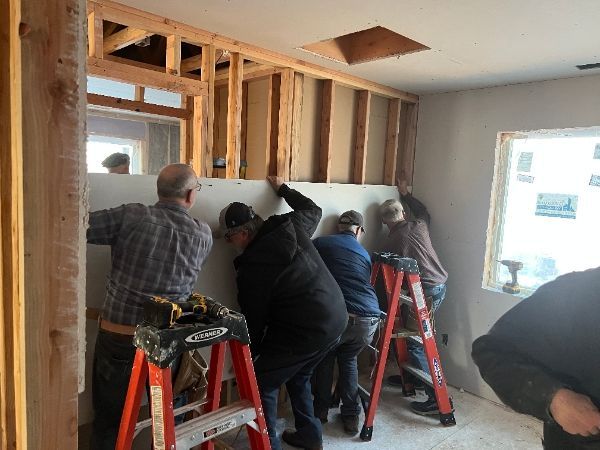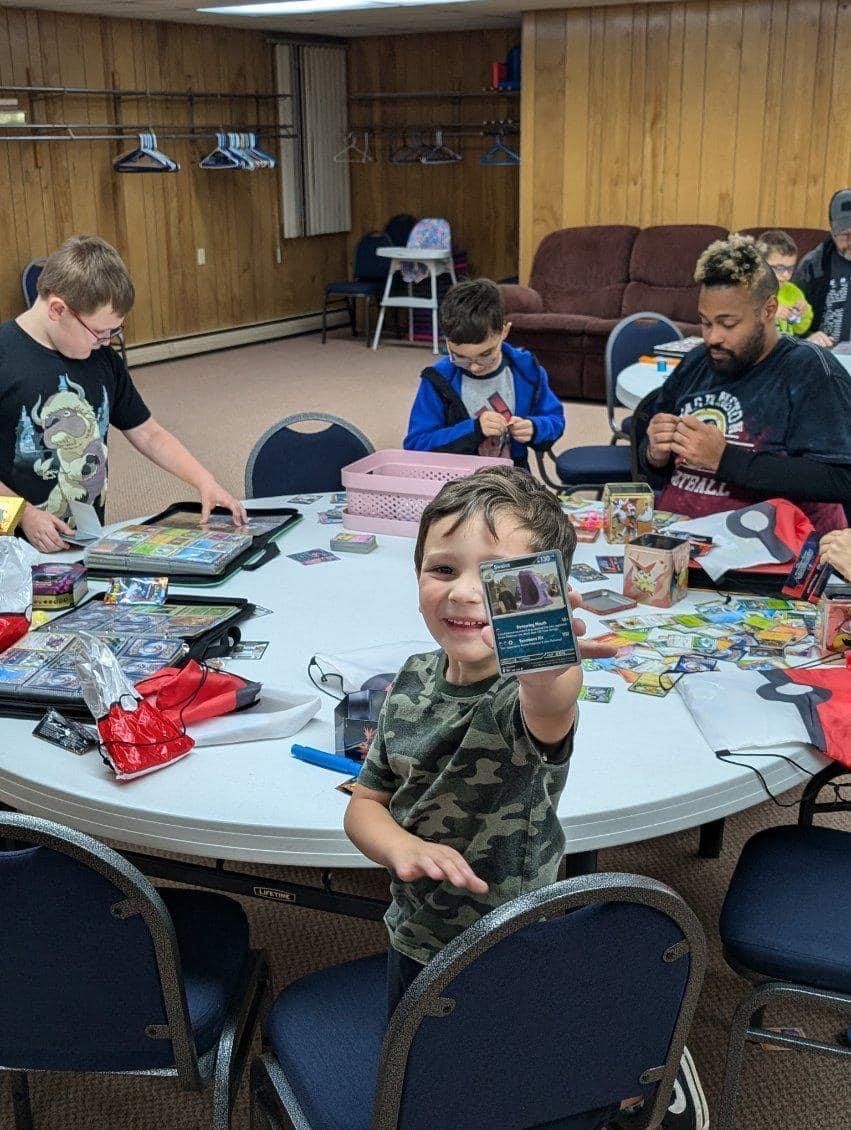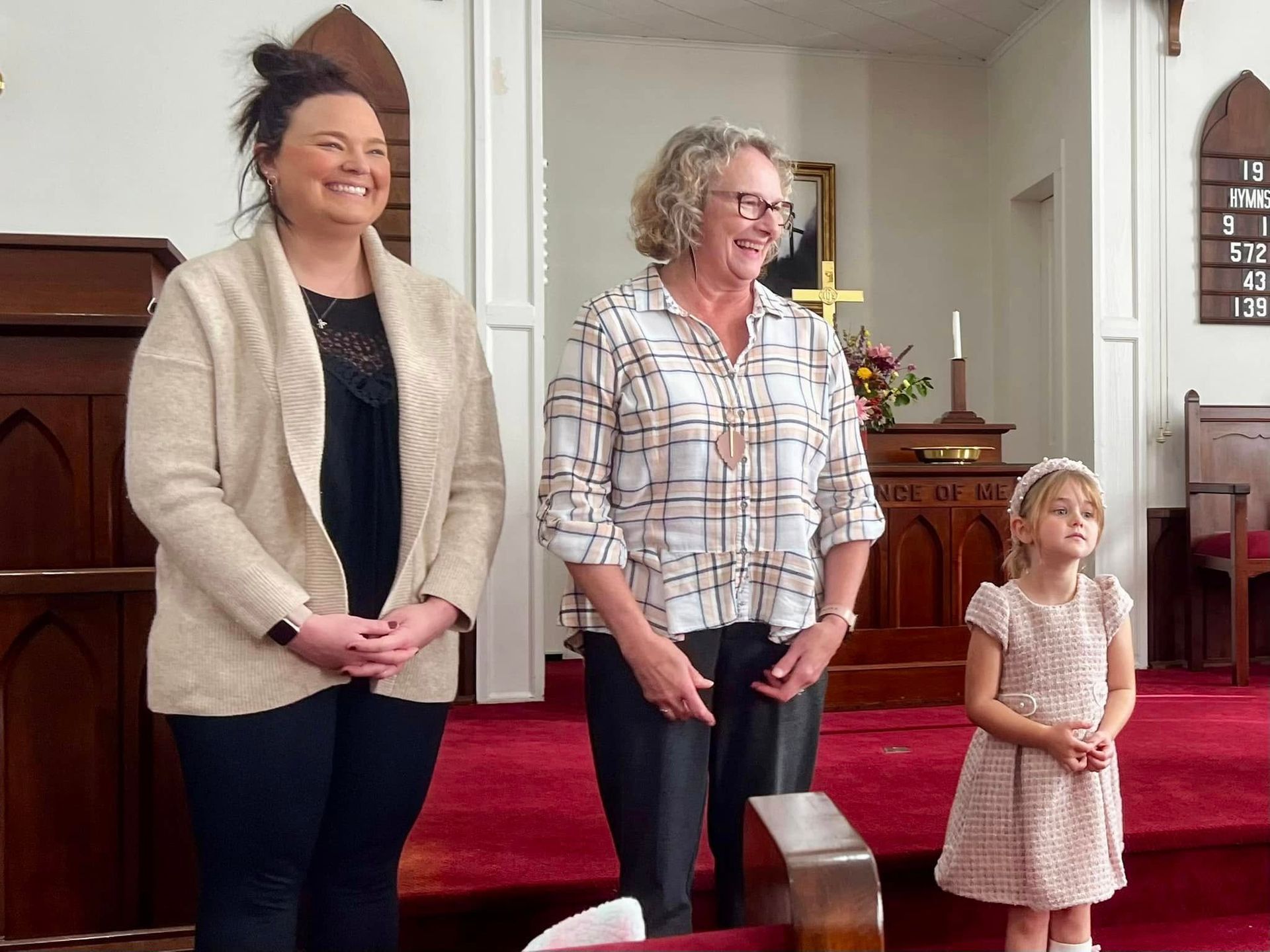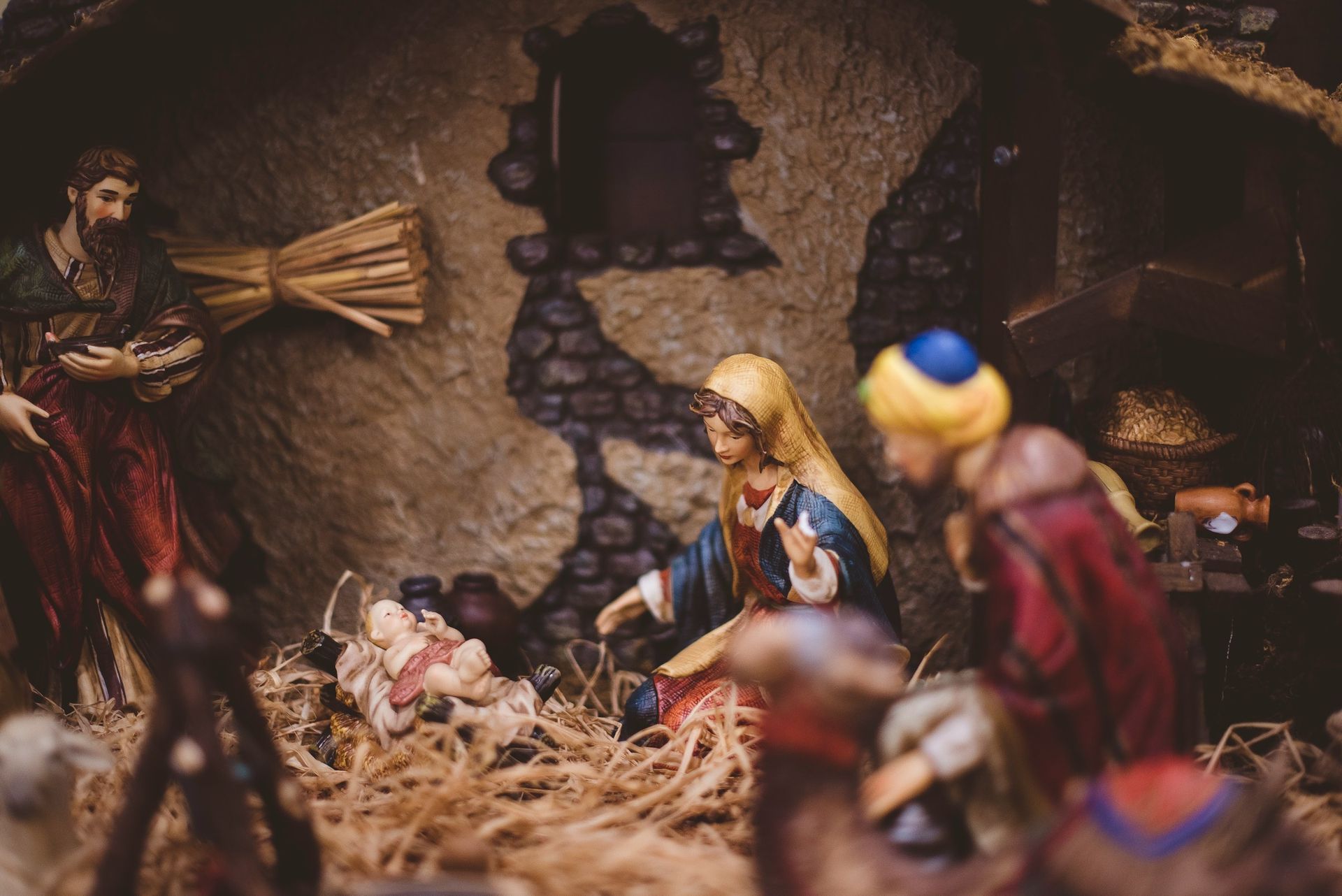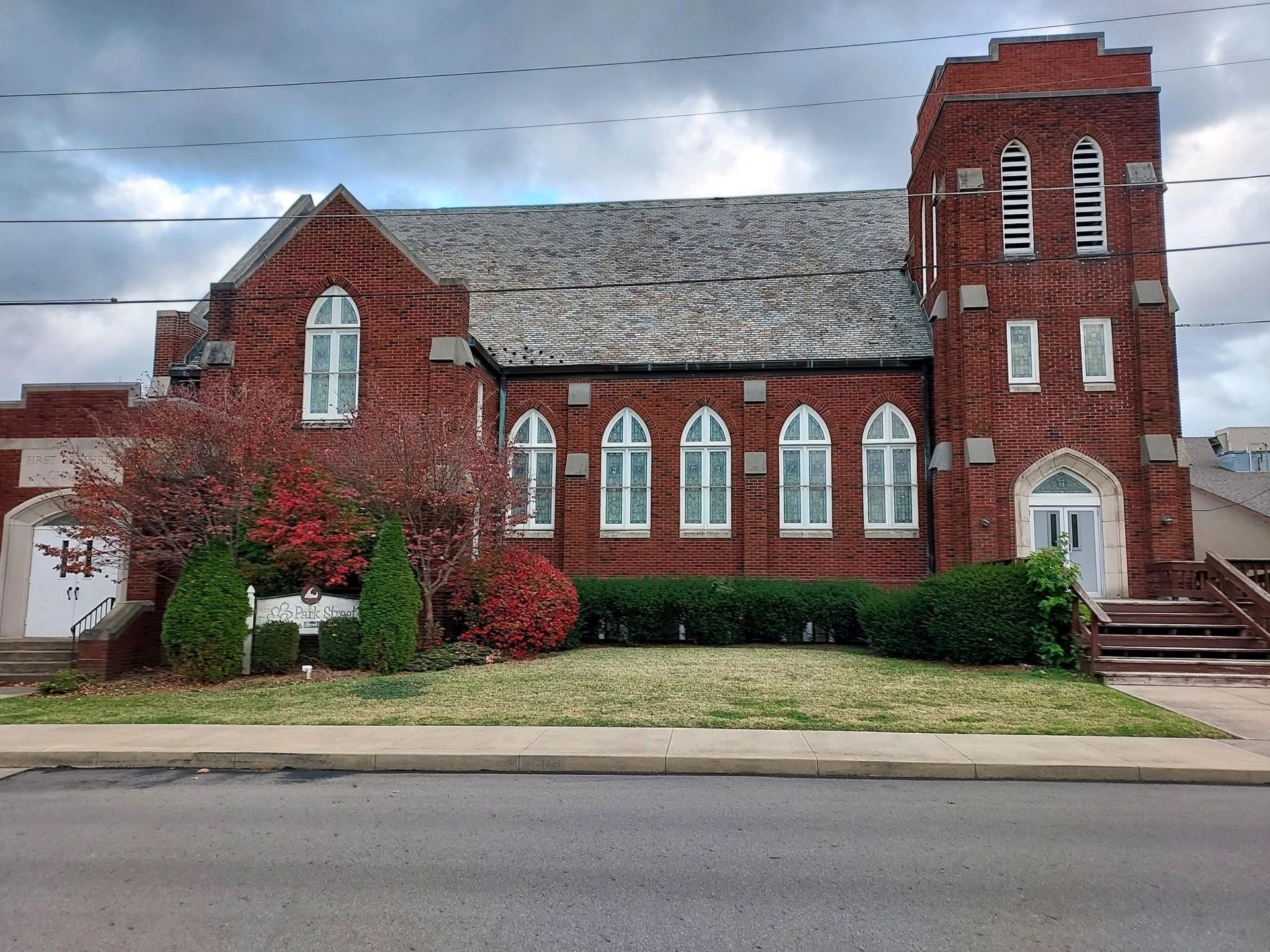Placemaking
(This article originally appeared in The Brethren Evangelist, Spring 2017)
In 1924, J. Allen Miller gave a sermon before the Church of the Brethren Annual Conference, and, among other things, well-articulated our shared Brethren value of peace:
“I find it impossible to reconcile Carnal Warfare, remembering its highest and best, with the Spirit of the Master of men. I repeat, again, therefore, and with increasing emphasis, WAR IS SINFUL. The Church cannot bless it. God cannot own it as the Doing of His Will.”
Miller left little room for interpretation of his intent. His words were a clear picture of our long-standing historical stance: In light of the Gospel, and Christ’s challenge to us in Matthew 5, we are a peace church. Peace is a complex concept, and even more so in our current geopolitical climate. We are inundated with a constant 24-hour news feed of violent conflicts in Syria, Libya, Iraq, Afghanistan, and more. Terrorism leaks into Europe like a slow infection. And in America, our desire to protect our way of life feeds this cycle of fear and ratcheting up the ante. The reality is, our casual exposure to these images detaches us from their significance, and it critically numbs us from our local need for people of peace. It places the need for peace "over there."
Recently, I was scrolling through my Facebook feed, shortly after a chemical attack on Khan Sheikhoun, Syria. At least 72 people, including 11 children were killed. As I scrolled through the regular updates of my friend’s toddlers, complaints about the world, and trivial questions asking for recommendations on weekend getaway destinations, I passed a video showing children in the aftermath of the attack. After only a few short seconds, I had to scroll away. It was simply too difficult to view.
I’ve sat wrestling through my discomfort in the weeks since. Indeed, some of my discomforts came as I imagined the horror of the parents, as my daughters came to mind. Some of the discomforts came from my feeling of helplessness to aid the situation. Some came from a righteous anger at the evil and brokenness in this world. We were not made for conflict. We were not made for separation.
God designed creation for community. In the garden, he gave Adam a companion in Eve. He created the land and the sea. He created light and the darkness. he gave the coolness and the warmth, the moon and the sun, the open prairies and the dense forest. Creation echoes God’s character of community. And, in his infinite wisdom, he placed everything in creation in a particular place to best thrive and find community. Creation was not just thrown in a pile, but set intentionally, with purpose.
You and I are placed with care and intention as well. God, at this moment, has not called me to Syria. But he has placed me in my neighborhood, in my city, in my church. I believe that Christ has called us not just to peacemaking, but to placemaking. In urban planning, there is a concept of placemaking. It’s a process that has a result of creating public spaces that promote a community’s health, safety, peace, happiness, and well-being. A place that people care for. A place where people feel at home.
In Holly Whyte’s book, The Social Life of Small Urban Spaces, her research finds that “What attracts people most, it would appear, is other people. Indeed, people need people. We all need each other”. To the Christian reading with at least half-open eyes, we would affirm this need is a result of God’s design of humanity in his own image. We were created for each other.
It’s not a far jump then, to understand that peacemaking includes placemaking. We are called to create spaces where our neighbors can feel loved, safe and needed. Whether it be our homes or public spaces, we are called as Christ followers to foster spaces where we can come together. Community is not merely a value Brethren hold for making decisions collectively, or a tool we use to deepen our understanding of scripture. Community isn’t simply a fancy Christian word for having good friends, or an invisible geographic fence we draw around our towns. While it can be all those things, community is a critical element in being peacemakers.
By creating places where we come together safely, where we share in conflict in a healthy manner, where we are known, needed and loved, we reduce instability in our world. We create ownership in the spaces and times we occupy. Ultimately though, community changes us. Our call to peace is in the space we occupy. Christ has called us to be “people of peace” where we are, and to open ourselves, so that they may be safe, known, loved and needed. Christ has called us to be “placemakers”, and our commitment to community will yield peace as a natural outpouring.

